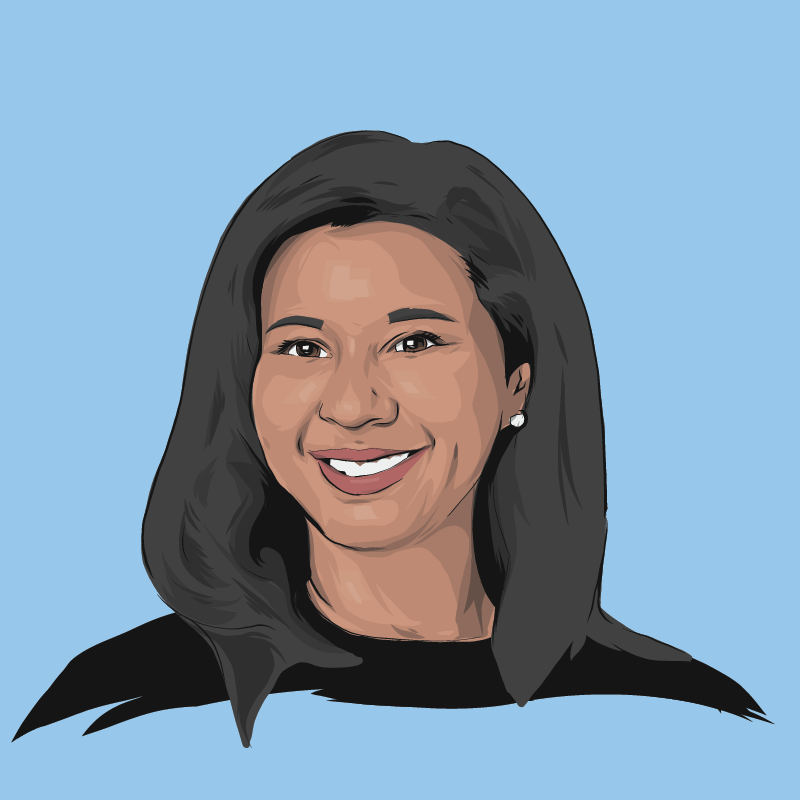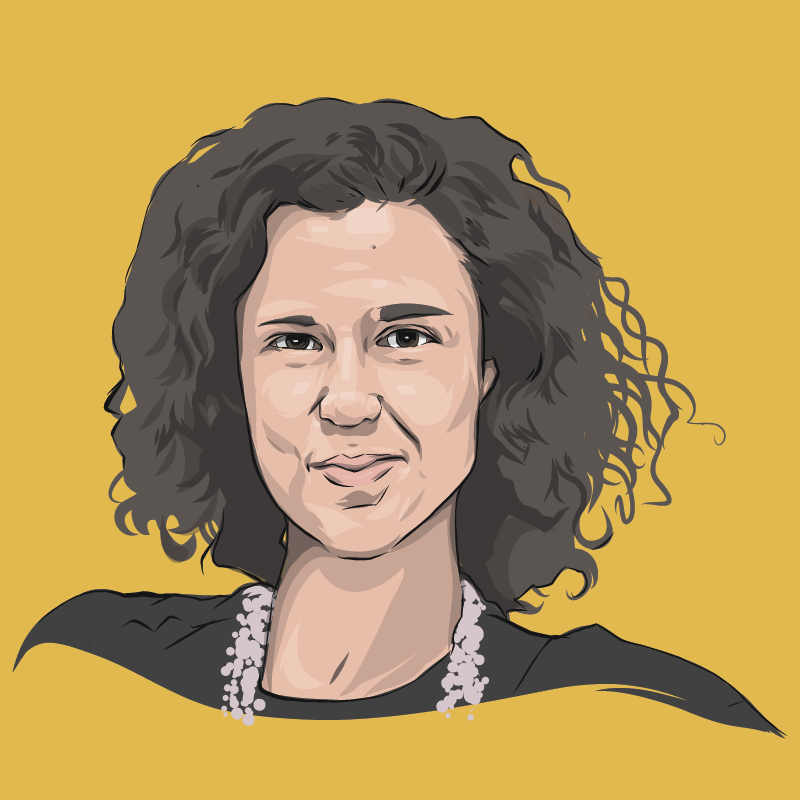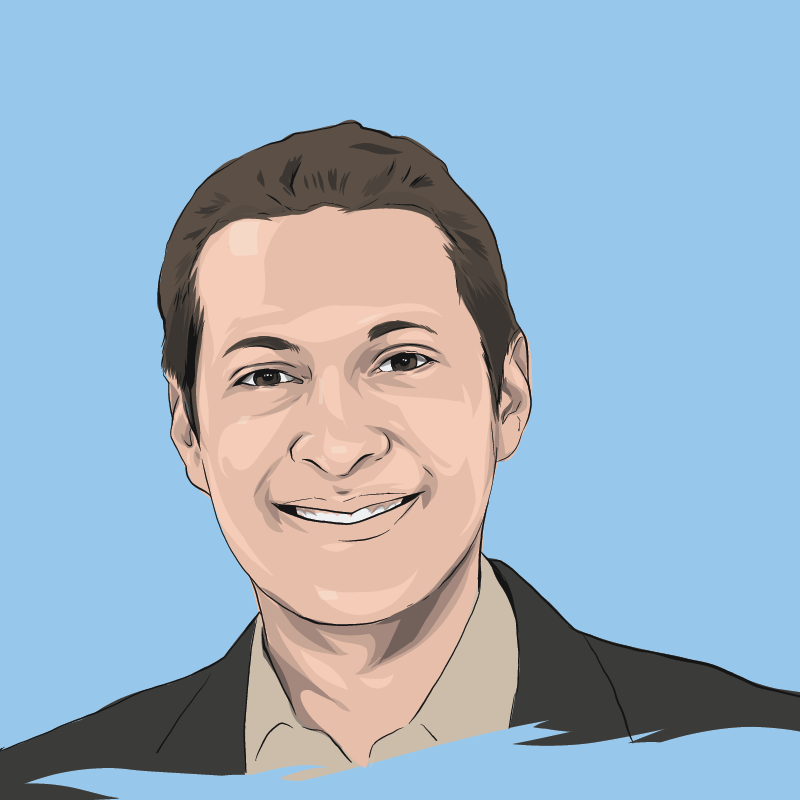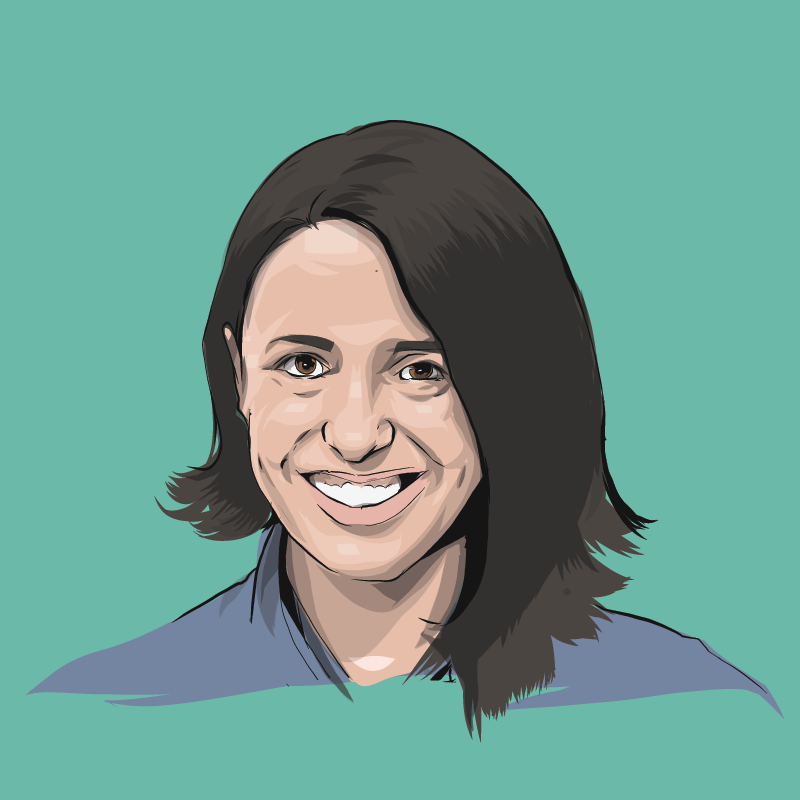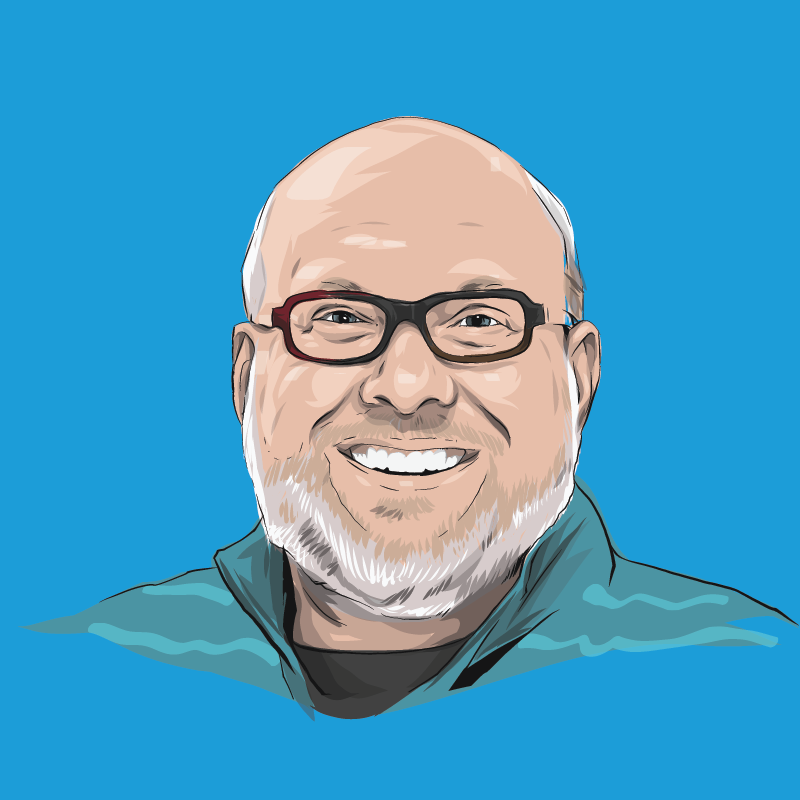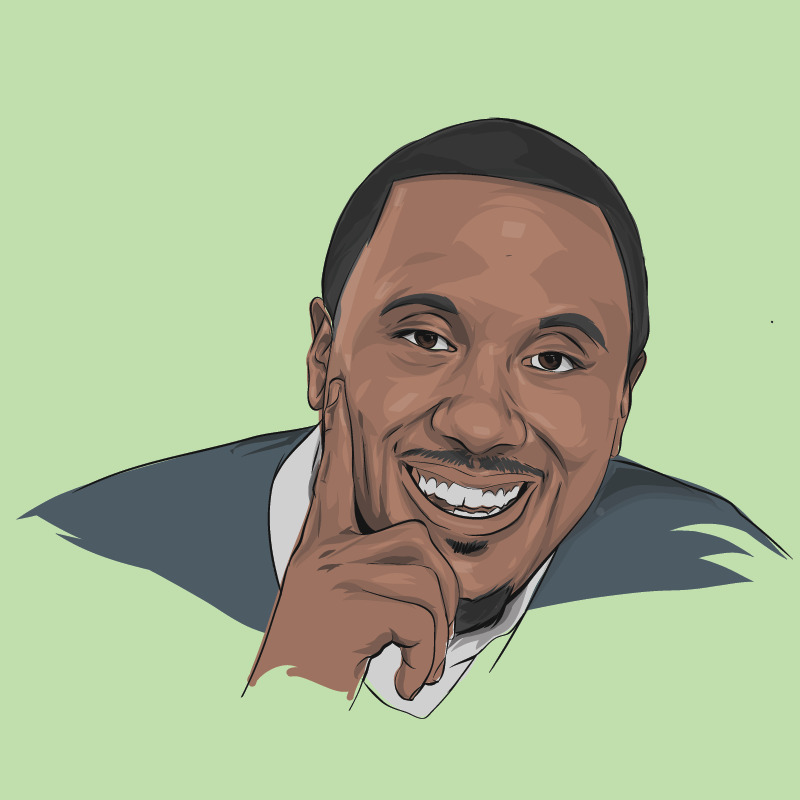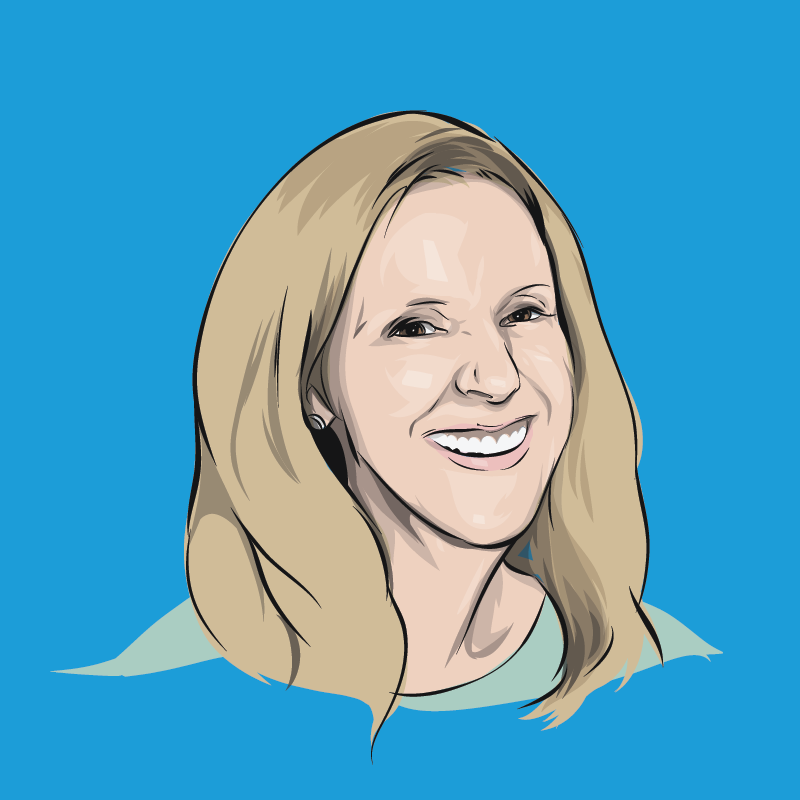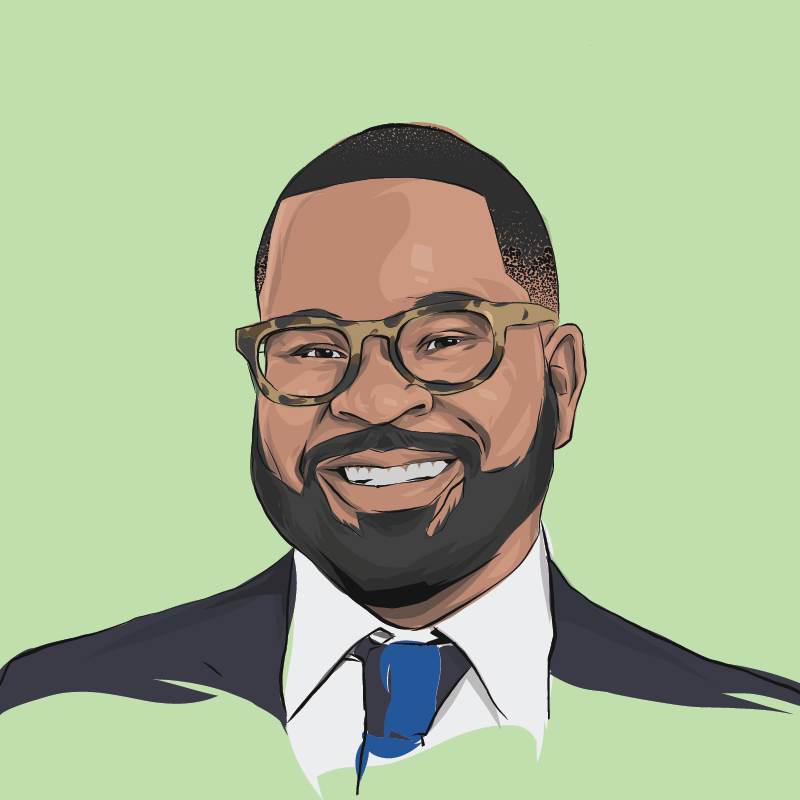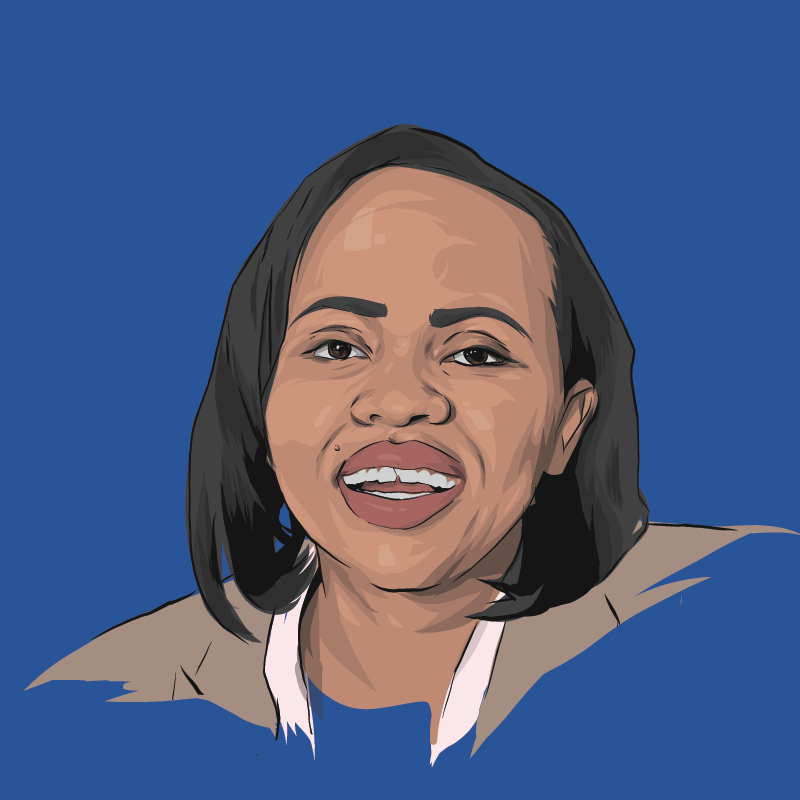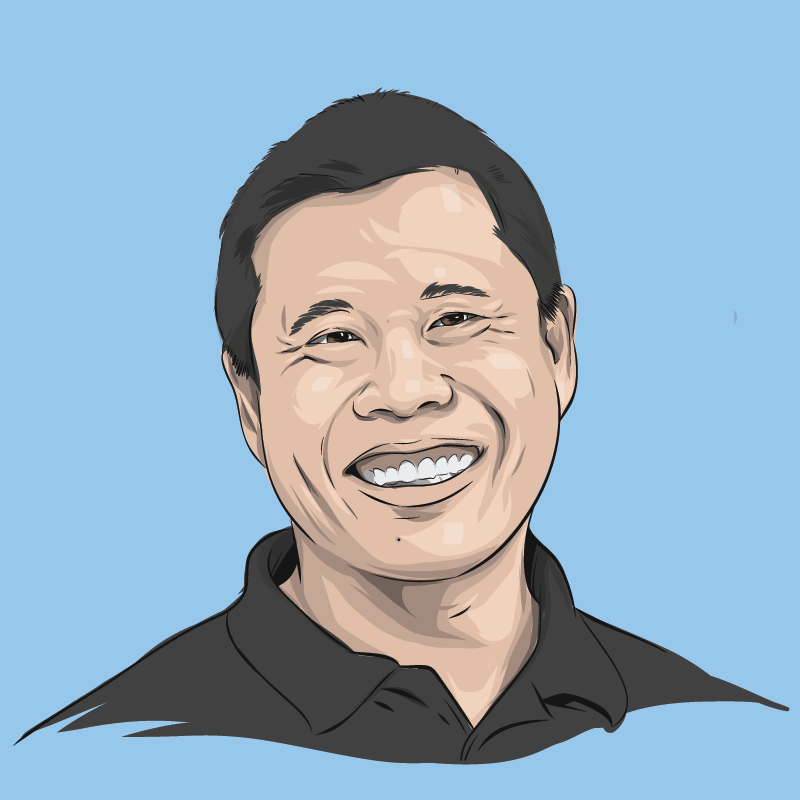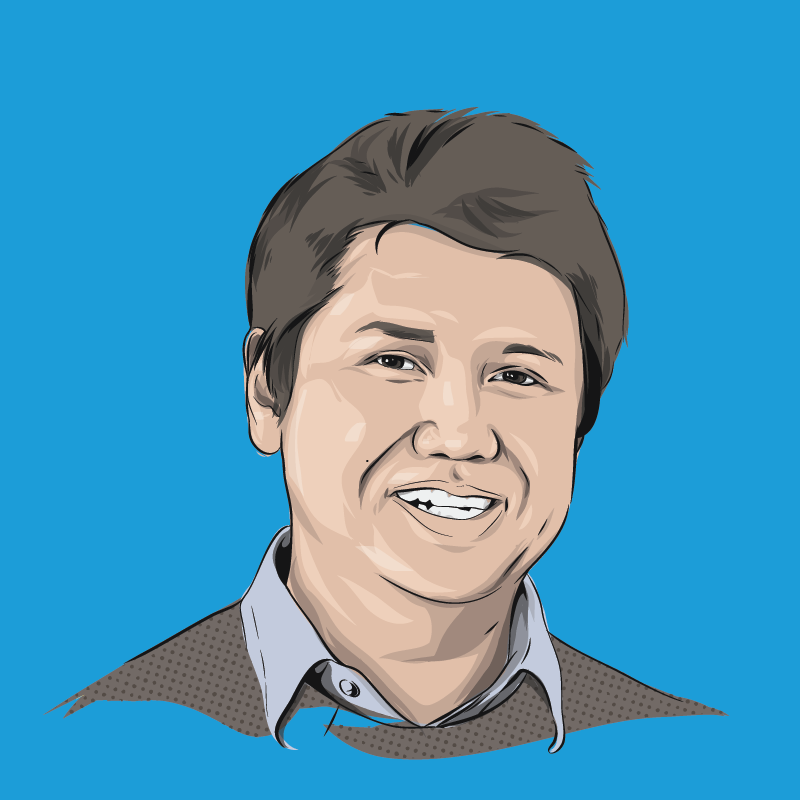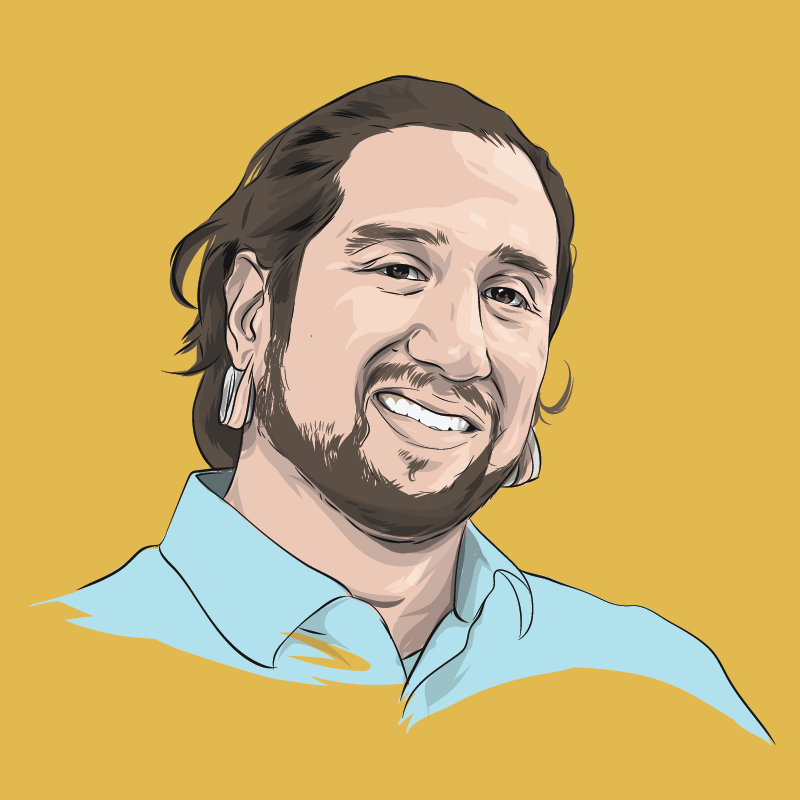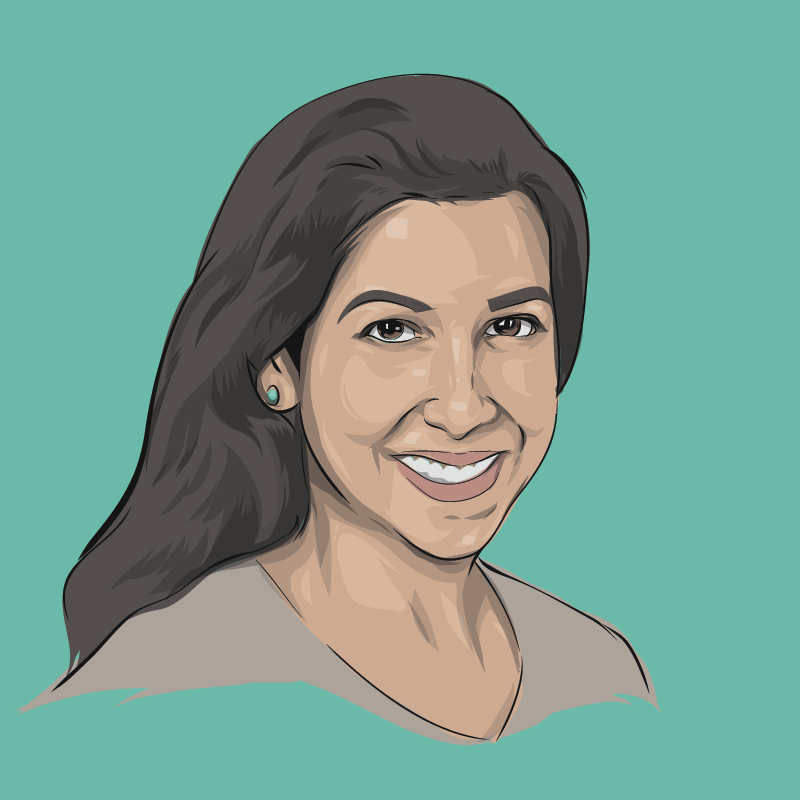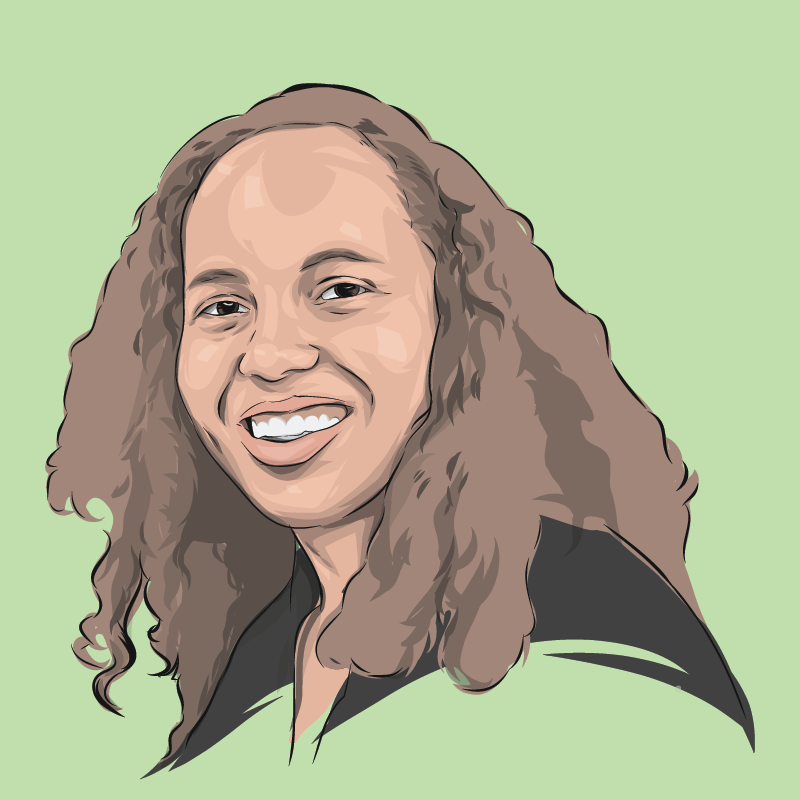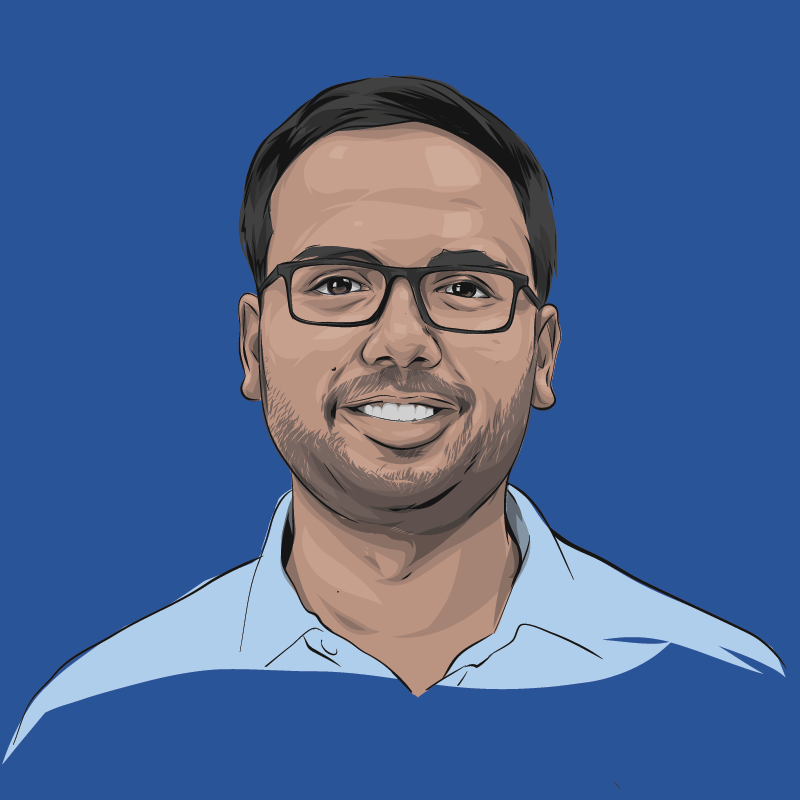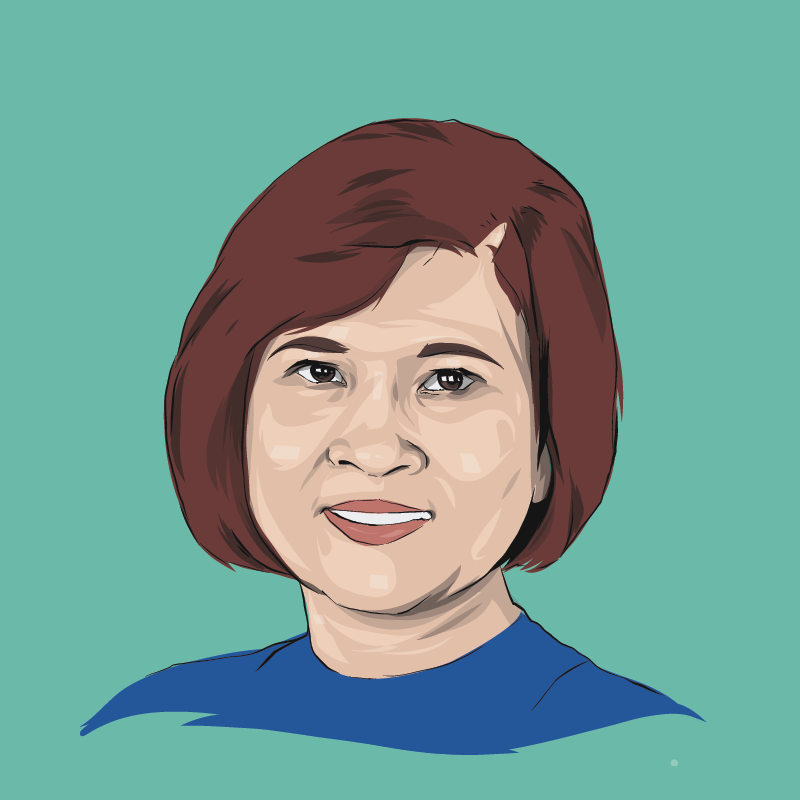Colette Pichon Battle

Slidell, Louisiana
Making patterns from chaos
The Fall of the House of Dixie: The Civil War and the Social Revolution That Transformed the South by Bruce Levine
Economic justice, disaster recovery, and environmental damage are complex and interrelated issues. In the Gulf South, communities of color have been especially hard hit by natural disasters like Hurricane Katrina and man-made disasters like the BP oil drilling disaster. Now, these same communities stand on the front lines of climate change, vulnerable to rising tides, more frequent natural disasters, and emerging environmental threats.
The Gulf Coast Center for Law & Policy is working to dismantle structural racism exacerbated by climate change. Through regional, multi-racial alliances, GCCLP supports and activates local communities to build strong, connected, resilient communities. After disaster hits, they provide the legal services communities need to get back on their feet. In order to build resilience for the future, they equip individuals through leadership and rights trainings, connect disadvantaged communities throughout the south at regional gatherings, and engage community members and community leaders to come together and create change. Given the threat of climate change to coastal life, Colette is working to bring together local indigenous and black communities to understand their shared histories and futures. Over time, they aim to build a collaborative new model for living in harmony with the land that is rooted in indigenous and African traditions and that enables communities to build a more equitable and resilient future.
"The 2015 Gulf South Rising (Opens in a new tab) initiative was simultaneously the greatest accomplishment and most difficult challenge of my organizing journey. A year-long, five-state regional effort rooted in the intersecting issues of climate justice had not been done before, certainly not in the South. This was a personal and moving turning point, and I was up for the challenge. Across the nation for the 2010 U.S. Social Forum in Detroit, hundreds of People’s Movement Assemblies (PMAs) took place across the nation, including two held in Louisiana and Mississippi earlier that year. What started as a process to inform the layers of injustice found in disaster recovery morphed into a regional analysis of the ecological impacts of fossil fuel extraction and refining in the U.S.
The Gulf delegation called for equity and justice in disaster recovery, and, in doing so, realized the importance of expanding the focus to working for ecological equity and climate justice. In the following years, PMAs were held throughout the Gulf region and the issues and ideas brought up in those local gatherings of frontline communities were unified to create the Gulf South Rising strategy document. (Opens in a new tab) This document served as a guide for the process of seeding a Gulf South regional movement in 2015. The 12-month grassroots-led initiative acted as a singular declaratory beacon to honor the past, present, and future regional reality of the Gulf South and to begin a collective struggle toward climate justice in the Gulf South."
At the end of 2019, Colette gave a TEDTalk about her work and how to cultivate collective resilience, better prepare before disaster strikes, and advance human rights for all:
